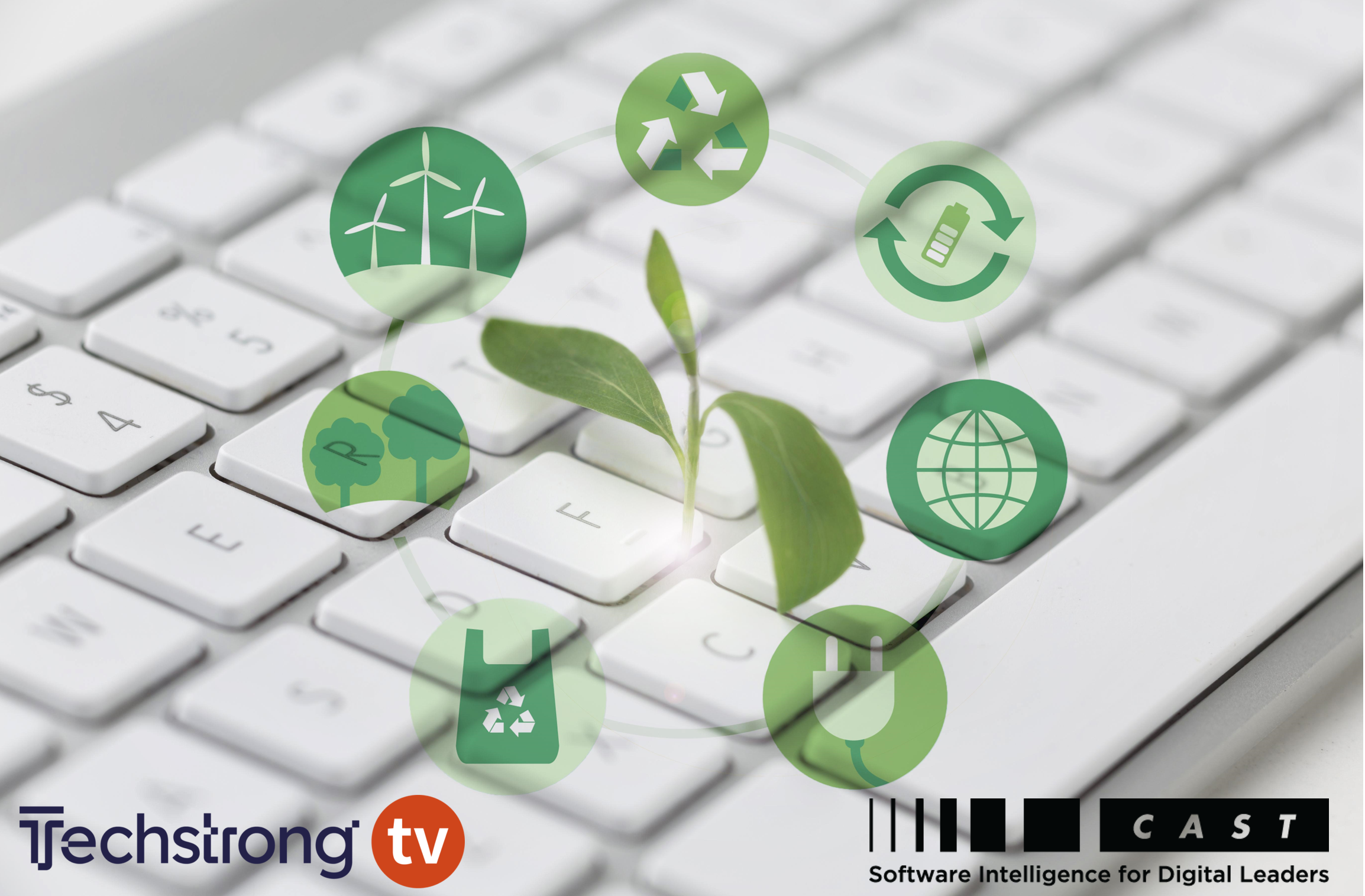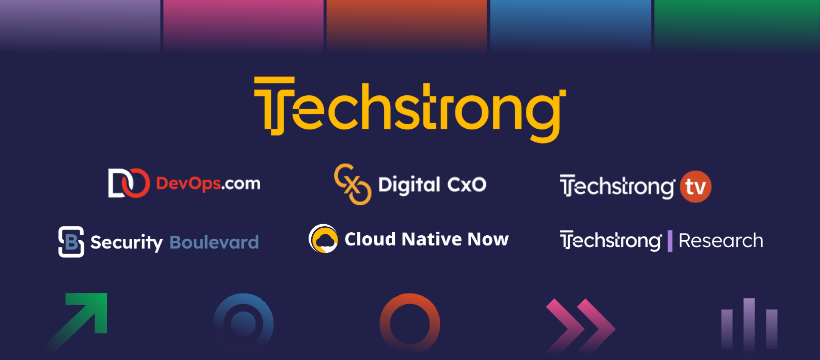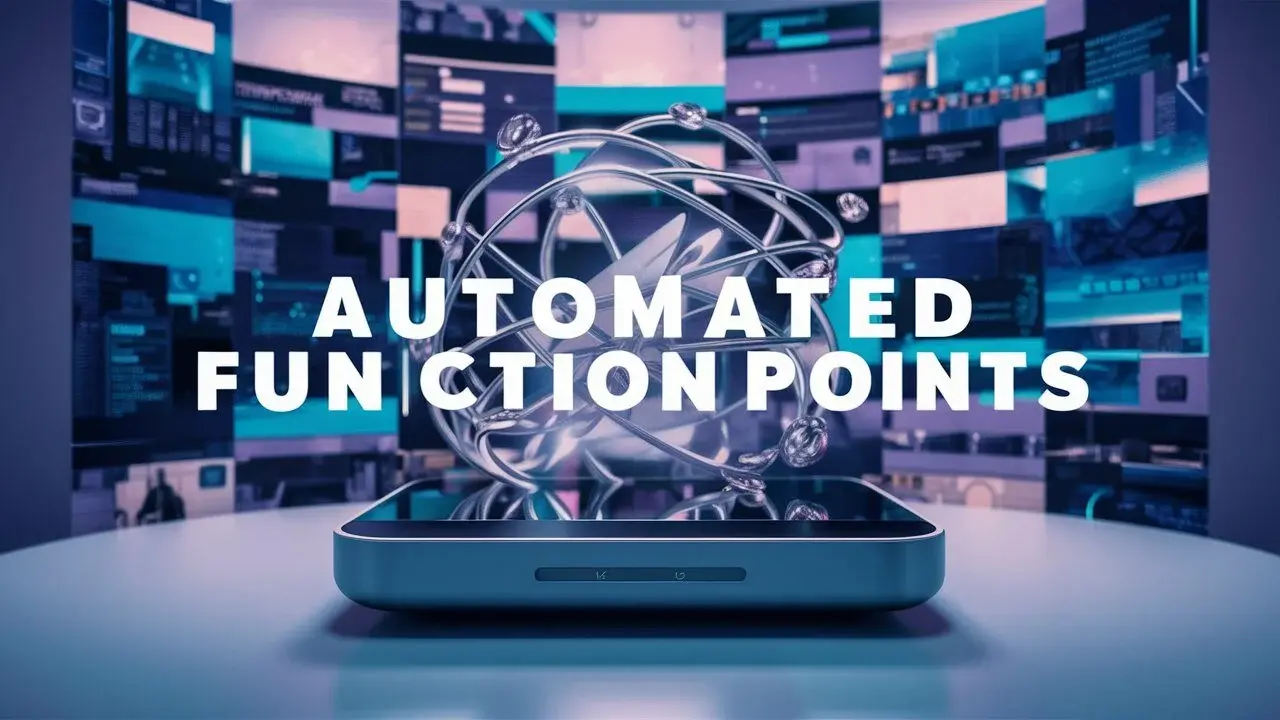Recently CAST Highlight Vice President Greg Rivera joined Technstrong Group Sustainability Contributor Bonnie Schneider as part of panel panel of industry leaders at the forefront of sustainable data management.
Other panelists included Johanna Kloot, CEO of GreenKPI, Justin Bean, a sustainability strategist and bestselling author, and Simone Wren, director of business operations and environmental, social and governance practice at New Relic.
Panelists shared insights into how organizations can maximize their eco-conscious impact through strategic information governance strategies. A curated excerpt of the discussion featuring Greg’s insights are available below. To watch the full interview, click here.
How do you define sustainable data management, and why is it pivotal for the future of business?
There’s a really interesting organization out there called the Green Software Foundation. I highly recommend checking them out. According to them, today, data centers that run these data management systems account for about four to five percent of global CO2 emissions. So just to put that into context, that is about the same as the air, rail, and shipping industries combined. So think about that: data centers that are running data management systems and applications generate the same carbon emissions as airlines, railways, and the shipping industry combined. So, it's huge.
The other interesting thing is about 85 percent of those emissions coming from the data centers and the software and data management systems running in them is attributable to how those systems are designed, like the software engineering of those systems, not just the hardware or the infrastructure it's running on. So there's a huge opportunity to make data management more sustainable by basically engineering the software applications that they're running inside to be more efficient and use fewer resources. In addition, it’s just the right thing to do for the planet, it just so happens that making these software systems greener or more sustainable also typically means they're going to perform better, cost less to operate, and be more resilient. So there are great business benefits as well that come along for the ride when making data management systems more sustainable. So, sustainable data management to me is about designing or changing the software applications that manage data to be more efficient, use less power, and ultimately emit less carbon into the environment.
In your role at CAST, how have you observed the integration of sustainability principles into software development, and what impact do you find that it has?
We just released this capability to analyze software applications and data management systems for green impact earlier this year. However, the initial results we're seeing are quite encouraging. In fact, what we're seeing is companies, including ourselves, using the intelligence that our technologies produce to change their software applications to be more efficient.
Our technology looks for patterns in application code that are inefficient but can be implemented in an alternative way. For example, running a SQL query, like a data access query, inside of a loop, meaning that the data access command is running many times unnecessarily. We actually see this frequently. But there's an alternate way to engineer the system so that this data access query, occurs outside of the loop and only runs when it's needed. That's much more efficient. Imagine this type of thing happening in a massive enterprise software application or a big public commerce system with thousands or even millions of users a day. This one change could have a huge impact on reducing carbon emissions. It's also likely going to make the system perform better and cost less to operate. There are dozens and dozens of these different types of patterns that we're looking for in the code of applications to make them more efficient.
We’re starting to see organizations integrate this kind of intelligence into their software development processes, looking for opportunities to make their software greener and more efficient. The earliest adopters, I would say, are coming primarily from banking and financial services. It makes sense because those industries have a heavy reliance on software and data, but they're also very focused on financial ROI, obviously. And they're seeing benefits there as well. So in addition to improving the green impact, they're also seeing those performance and cost benefits as well. That's kind of what we're seeing out there from that software perspective.
In your experience, what are the common pitfalls businesses should avoid when embarking on their green data journey?
Two quick things, again focusing on data management sustainability and making software more efficient. I would say, first off, don't make this a check-the-box exercise. This needs to be a formal part of the business. And if you need support selling this kind of concept into management, as I've mentioned a couple of times, the nice thing is that there are some tangible business financial benefits to making your data management systems more sustainable, like performance and cost savings. So that would be one thing, and there is good additional financial benefit to doing this.
The second thing I would say, however, is don't try and boil the ocean, especially if this is new to your organization. You're going to need to prove that it's something that the organization should be doing and investing more in. Start by finding some quick measurable wins to gain some confidence, gain some credibility, and maybe earn some more support to adopt these types of practices more widely. What I've seen is your goal if you embark on trying to make data management systems more sustainable or software greener, etc., is to show measurable, meaningful results in the first two months, and that is very realistic. Within the first two months, you actually have some tangible proof to show that this is benefiting not only the planet but also the organization.
Two-part question: Where do you see the future landscape, and can you comment on upcoming regulations and where you see that moving forward?
There are two trends that I have in my mind in different arenas. One of them is going back to the question on regulation. Obviously, we're seeing Europe as pretty far ahead in this area relative to North America or specifically the United States. But I do think that's going to change. We're seeing more emphasis on ESG. We're seeing ESG scores now being listed for public companies if you go do research. We work with a lot of private equity funds that will use our technology to assess a potential investment. We're hearing more and more from their investors that ESG is the number one priority that they're thinking about when they're considering a potential target organization. So, I think all of these things are going to result in probably other parts of the world that are a little bit behind, especially from a regulation standpoint, catching up or moving forward pretty quickly. I think that trend is going to continue. In the United States, I think we're going to see some movement in that area over the next few years.
The second trend I'm seeing is, and this is interesting, this is my personal opinion, but it's related to AI, artificial intelligence, but probably not how you might think. AI, as we know, requires huge amounts of resources to operate. So AI is unfortunately going to make our software and data access management systems themselves less sustainable in the near term because you need to expend such huge resources to train these AI models. So if you're just looking at it within that little world, just the technology itself, AI is going to make software less sustainable in the short term. However, what I do predict is that we will get better at being more selective on when and where AI makes sense to use and when, quite honestly, it's a little bit too much, it's overkill for whatever given system or application, and that there are other more efficient ways to design or operate a data management system that uses fewer resources and will be more sustainable. Maybe that's wishful thinking, but I see us getting there where we will be a little bit more selective about where and when we use AI to be more efficient.
When you're working with organizations or within your own management, how do you find communicating the messaging of sustainable data management?
It’s a priority for us. We've heard from the trends how historically it's been a very top-down kind of thing from the communication and an initiative and priority perspective. But that's obviously very critical, to have that top-down support at the highest levels. But I'm also seeing this trend that Joanna was talking about is that we're seeing more and more bottom-up. We all know, no surprise, we have this younger generation that's entering the workforce, where this is much more important to them. It's something very personal, and they're very passionate about it.
Even though I work for a small company, I see it a lot here. We have these newer employees that are raising their hands and making recommendations, suggesting ideas, and thank goodness our CEO is very supportive of this. So, it's a very open communication where you have a team's channel or some companies might use Slack, like a Slack channel that is dedicated to green ideas and initiatives, things to make the company more sustainable. Our company fosters that, and maybe it's a little harder to do that at a much larger organization. We're several hundred employees in our company, so you can kind of do this a little bit easier. But seeing that at this level, I hope to see that at bigger organizations and that it is being supported from the top levels and that there are forums that are created for employees to actually have these conversations and drive these types of initiatives. I think just that open communication and that employees feel comfortable bringing ideas to the organization is critical.










SHARE